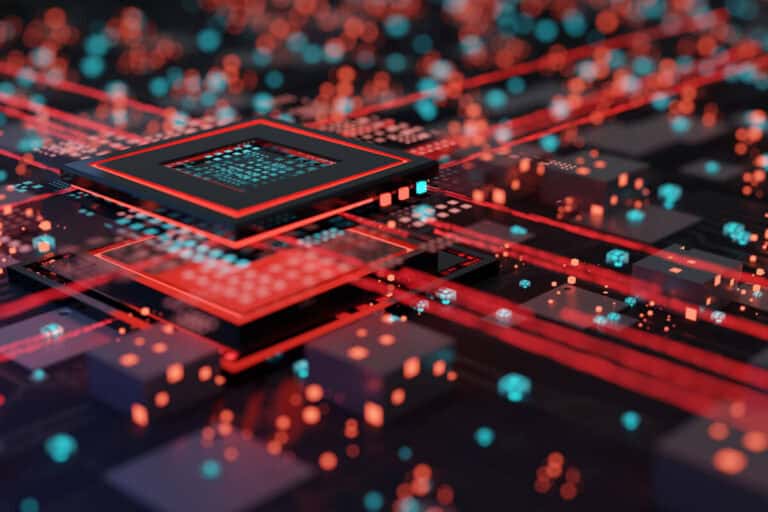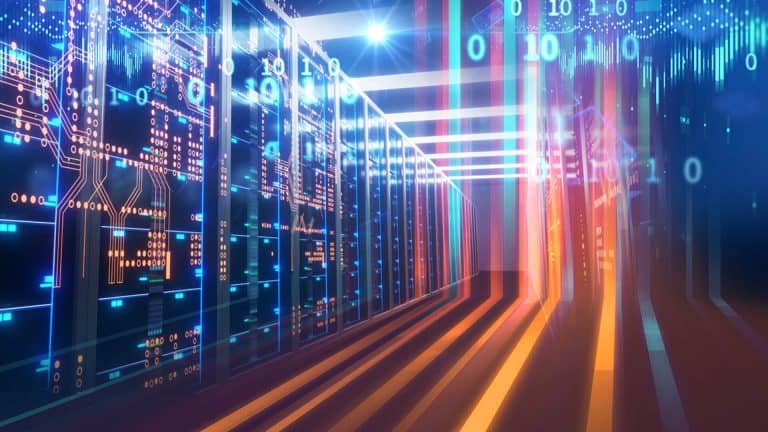The impact that Google’s RankBrain has had on the internet is astounding. Since its inception in late 2015, Google’s deep learning engine has been one of the primary components of their internet search algorithm. Its complexity and ability to evolve as it absorbs more input has changed the way that all search engines present websites to their potential customers.
Table of Contents
ToggleIt has also had a startling impact on many facets of everyday lives and careers. While RankBrain may be the most utilized of the deep learning algorithms, it is not the only one. In fact, deep learning is having a broad impact across our society because so many computer processes are beginning to use it. Yet, because of the lack of knowledge about how and why machine learning is important to varied industries, many people don’t have a firm grasp on many of the applications that deep learning is changing or what the risks and rewards of machine learning could mean for our society.
A new industrial revolution
The adoption of industrialization and mass production methods kicked off our last major industrial revolution and changed the way employers and employees interacted as well as how goods were manufactured. It created the current business model with its strict hierarchies and roles. Deep learning-enabled computers and robots have the potential to turn that model on its head.
As more and more mundane tasks are taken over by machines that are capable of learning relatively simple tasks, the current workers will become more specialized. The demand for blue-collar work will decline while technical support and computer maintenance will expand. This revolution will not happen overnight, but many industries have already adopted robots to handle repetitive tasks. Displaced workers have had to either learn new skills or find work with companies that have not modernized.
Societally, we are within generations of the loss of a large part of blue-collar career fields.
And so much more
Careers aren’t the only thing being effected by the sudden surge in machine learning. The way members of society interact, get their information and do business is also changing through evolving algorithms in many of our electronic constructs.
The recent kerfuffle in the United States, Europe and the rest of the world over fake news has led to prominent social media sites adopting a computer algorithm to weed out “news” that is unverifiable. Whether it is laudable or not, the unfortunate truth is that too many people get their news from social media and that news is now being filtered in the same way that Google filters content from a web search.
With the ubiquity of internet, it is no surprise that it has changed the way businesses are advertised and promoted. An entirely new industry has sprung up to help business optimize their website presence and marketing efforts. SEO (search engine optimization) and SEM (search engine marketing) have become independent business due to the complexity and evolution of the Google – and other search engines – algorithm. SEO experts have gone from stuffing keywords on any given page to having to create and promote actual content while improving and streamlining the websites themselves. An entire industry has sprung up to cope with the effects that search engine algorithms have had on business.
Welcoming our robot overlords
According to some very intelligent people – Elon Musk and Stephen Hawking to name two prominent examples – mankind is on the precipice of giving learning machines enough rope to hang our race. The current research and adoption of deep learning is not quite that dire, but it begs the question of where to stop. When should machines quit learning, and is it possible, once we have given them the ability to absorb information and use it to evolve, to make them stop.
The fear, of course, is that since machine learning, at this time, has been growing exponentially, there will be a very short window of time from the moment that machines are at the lowest level of human intelligence to the moment when they surpass our intellect. Great science fiction, but it’s hard to run a business worried about when your telephone is going to become smarter than you are.
For most of us, however, deep learning will be a helpful addition to our social media use and online web searching. Giant robots are not going to take over the world, at least not yet, but computer intelligences like RankBrain will help consumers find the best sites to buy goods, help avoid spam and hacking websites on the internet and filter out fake news, at least to the best of its ability. While these algorithms are learning all the time, they are still no more than semi-intelligent decision making engines.
This electronic help will make our lives easier while minimizing internet threats and garbage without any help or notice from society. The work has been going on for years and will continue because the future uses of this technology are too esoteric a discipline for most users. The uncertain and nebulous threats posited by experts, however, should give us all pause prior to accepting the ubiquity of deep learning in so many areas.





